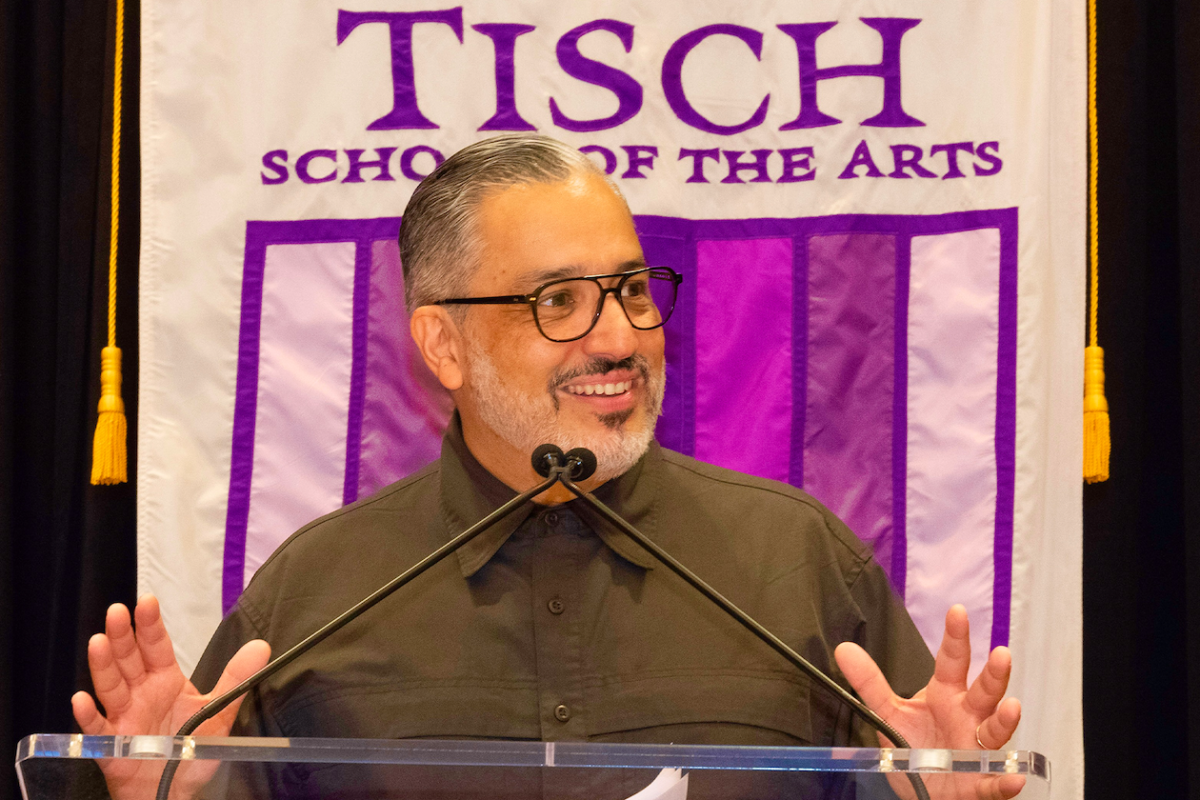Last week, The New York Times reported a story that shocked many students and NYU faculty members. The article revealed that the NYU administration gives away lavish parting bonuses to its administrative staff after they leave the institution.
In response to the growing uproar, Martin S. Dorph, NYU’s CFO, defended the administration’s decision in a university-wide email.
However, Dorph’s point, “We do not give gifts — we honor employment agreements,” is a distinction without a difference. In other words, a gift versus a gift stipulated in a contract is one and the same. The distinction is only relevant in a profit-driven company where greed is the motivating factor. Bonuses should be given to people who are doing amazing work, but should NYU President John Sexton be getting an $800,000 pension every year after he leaves on top of a $1.5 million salary? Jack Lew’s numbers are even more outrageous. The New York Times recently did a separate profile on Jack Lew, reporting that on top of an $800,000 annual salary, Lew also received “mortgages of roughly $1.5 million through the school as a prerequisite — $440,000 of which was forgiven by the university over time.”
The payouts are unnecessary and unethical. NYU’s counterargument is that these bonuses are market-driven, helping the university raise money. However, I find something dangerously disturbing about bringing marketization into the university ethos. NYU is a nonprofit, yet it is operating as if it were a Wall Street investment bank.
Thus, I would like to propose a provision to the NYU administration. How about inserting a clawback provision into the contracts to recuperate funds from those executives who leave NYU with unethically exorbitant severance packages? The clawback would not be introduced it into a contract retroactively; rather, you apply it through judicial and legal means. The idea of a “clawback” was discussed in the aftermath of the financial crisis of 2007 when executives of corporations going bankrupt and demanding a public bailout were walking away with enormous bonuses as well. In the case of some of the bailed out companies the government did intervene and “clawback” some of that excessive and inappropriate compensation.
It is true that Lew and other administrators may have performed well. However, since NYU is not an investment bank and is a recipient of federal funding, there is a case to be made that such compensation is altogether unethical and inappropriate in this context of nonprofit institutions of higher learning. Indeed in the case of Lew, we can even say there is a possibility of criminality since the “sweetheart” deal he negotiated between Citibank and NYU amounts to a kickback scheme, whereby NYU sends its students to borrow money from Citi, which gets its loan money from the Federal Reserve, and Citi in turn “kicks back” a percentage of the loan amount to NYU. (This kickback scheme is detailed here). And after Lew brokered this deal between Citibank and NYU, he left to take a position at Citi. So he is being rewarded by both parties. Lew’s case is strikingly analogous to what is called the “revolving door” in Washington, where congressmen cut deals for industry and then leave congress to take up cushy positions within those industries that they have helped.
The clawback I propose would be a legally-driven effort to recuperate the money already paid out to Lew and others like him, even if it happened to be stipulated in his contract. In other words, there should be a mechanism for addressing this impropriety, rather than the glib and cynical dismissal of Dorph that such payment was justified by the sheer fact of its having been contractual.
A version of this article was published in the Wednesday, March 13 print edition. Edward Radzivilovskiy is deputy opinion editor. Email him at [email protected].




























































































































































James • Mar 16, 2013 at 9:11 am
But what if Lew did, in fact, perform extraordinarily well, saving the school more money than he was paid? Would his severance still be “unethically exorbitant”, or a justified amount that appears large out of context?
Also I’m pretty sure that it would be illegal to not pay Lew money stipulated in his contract at this point.
zzk • Mar 15, 2013 at 6:35 pm
NYU administrators do such a good job that we’re trying to parallel the wonders large compensation packages do for the genuises on wall street.